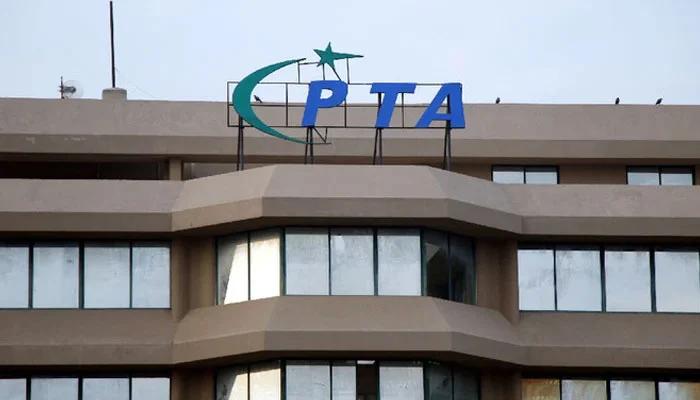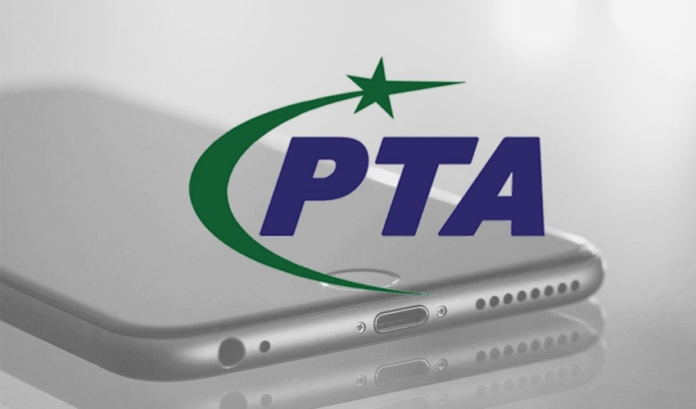Telecom companies in Pakistan have been running a mass surveillance system. This system intercepts customer data without legal or regulatory oversight, as directed by the Pakistan Telecommunication Authority (PTA).
Court Mandate and Legal Implications
A written order seen by revealed that Justice Babar Sattar has mandated PTA officials to respond within six weeks. They are also required to appear at the next hearing on September 4. The petitions were filed by Bushra Bibi, spouse of former Prime Minister Imran Khan, and Najamus Saqib, son of former Chief Justice Saqib Nisar. These petitions stem from leaked telephone conversations on social media.
The court’s preliminary assessment indicated that the PTA chairman and members misrepresented themselves. It is concerning the Lawful Intercept Management System (LIMS). The order highlighted that the federal government has not granted permission under the Telegraph Act or the Telecom Act for any agency or individual to record audio calls or surveil citizens.
Unauthorized Surveillance
The order states, “The federal government, as well as law enforcement and intelligence agencies across Pakistan, have never once sought a warrant for surveillance under provisions of the Fair Trial Act. However, a mass citizen surveillance system in the form of a Lawful Intercept Management System has been installed at the expense of Telecom Licensees [companies] on the direction of the PTA at a Surveillance Center designated by the PTA, for use by designated agencies.”

This system allows agencies to monitor up to four million telephone calls simultaneously. It provides access to citizens’ audio and video data through telecom networks. The order asserts that LIMS has been installed and operated without legal backing. This potentially exposes those using or enabling the system to criminal liability under various laws, including the Fair Trial Act, Telecom Act, Pakistan Electronic Media Crimes Act (PECA), Telegraph Act, and Pakistan Penal Code.
Digital Rights Concerns
Digital rights experts have raised alarms over this unregulated mass surveillance. Nighat Dad, Haroon Baloch from Bytes for All, and journalist Ramsha Jahangir have expressed significant concerns. They talked about the implications of LIMS on privacy and civil liberties. They emphasize the need for stringent oversight and legal frameworks to prevent abuse of surveillance powers.

The unfolding situation underscores a critical debate about privacy, security, and the rule of law in Pakistan. As the case progresses, it will be essential to monitor the responses of PTA officials and the government’s stance on regulating surveillance technologies. Ensuring transparency and legal compliance in such matters is vital to safeguarding citizens’ rights in the digital age.
Stay tuned to Brandsynario for latest news and updates





































